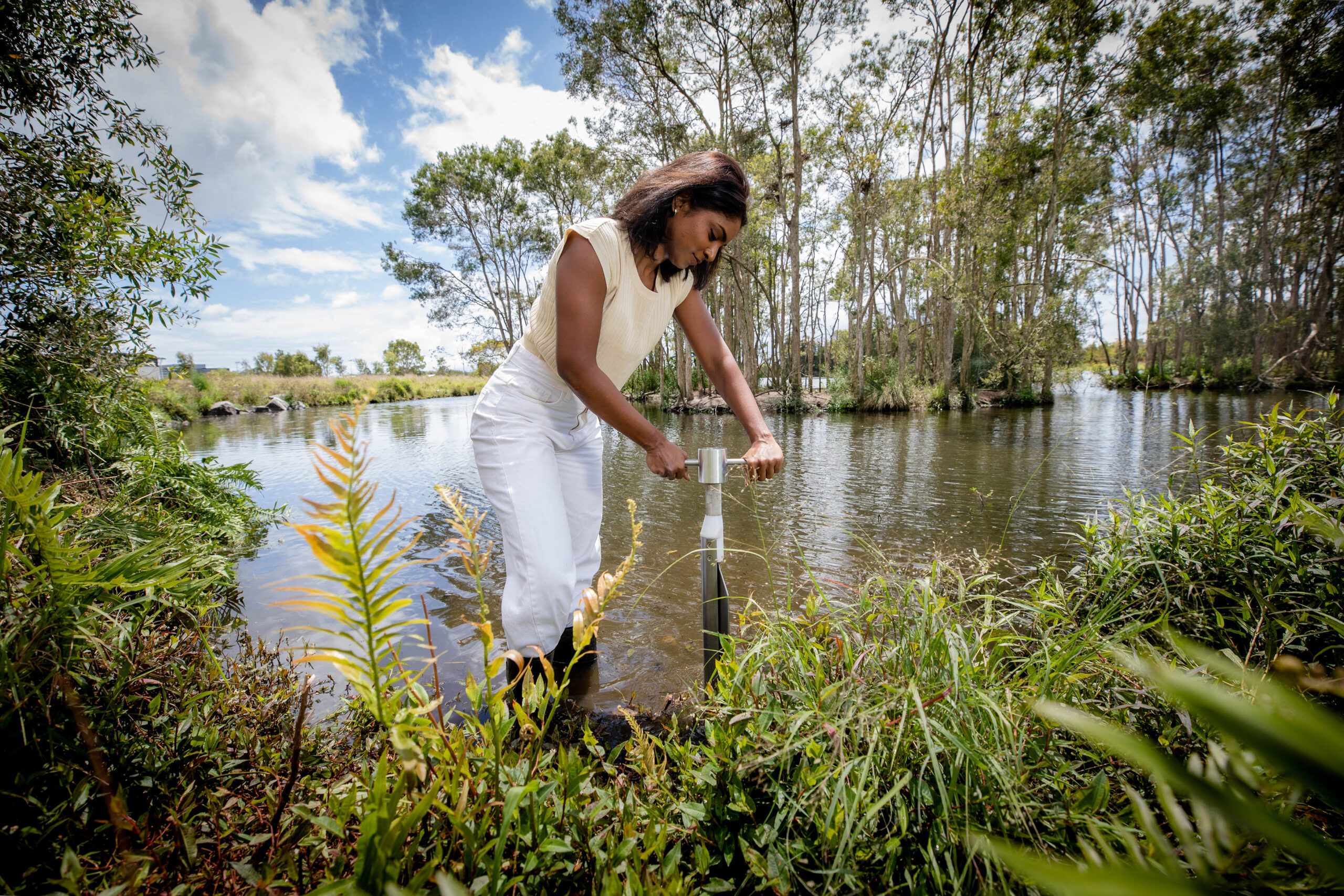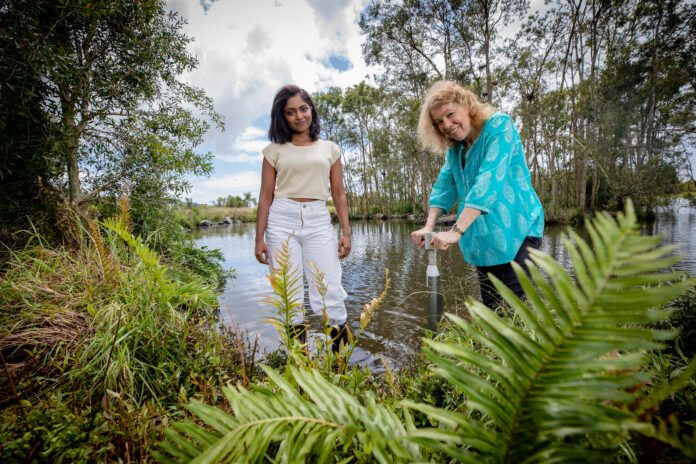Solutions to some of the world’s biggest problems could lie in the bogs of Australia’s east coast, according to University of the Sunshine Coast researchers.
A team of UniSC scientists and students will take samples of peatlands through South-East Queensland from Stradbroke Island and up to K’Gari at Fraser Coast – seeking new antimicrobials and insights for capturing carbon.
It’s slimy work, but as global climate talks for COP27 continue, lead researcher Professor Catherine Yule said we need dig deep in our own backyard for new possibilities to combat climate change.
“Peat swamps, known as bogs when they are not in forest, capture more carbon than trees, in fact peatlands are the most efficient carbon sinks on Earth,” she said.
“Peat can store up to 66kg of carbon per cubic metre, much more than tree biomass which can store up to 5.7 kilograms, but when humans start messing with it, that’s when it breaks down and the carbon ends up in in the atmosphere.”
Do you have an opinion to share? Submit a Letter to the Editor including your name and suburb via: news@sunshinecoastnews.com.au.
Professor Yule has spent more than 20 years studying the world’s largest peatlands in Malaysia, Indonesia and Brunei and said the drainage and conversion of peatlands to oil palm plantations has led to terrible fires that carry toxic smoke across South-East Asia, so thick it can be seen from space.
“Because of peat burning, Indonesia has become the fourth-largest global emitter of greenhouse gases after China, the United States and India,” she said.
“Peat has been cut up and burned for fuel for centuries, which is bad in itself, as it releases carbon dioxide and toxic particulates but peatlands in the permafrost of the northern hemisphere are now thawing out and releasing enormous quantities of methane, which is even worse for the atmosphere.
“But while it’s a massive problem, it could also offer a great solution if we look at how we can harness the carbon-capturing properties of peat to trap emissions that would otherwise lead to global warming.”

Peat is un-decomposed plant material that builds up over thousands of years under waterlogged, low nutrient acidic conditions and it can contain as much as 90 per cent trapped water.
Because it is an extreme environment, novel microbes have evolved in peat and they compete for the scarce nutrients by producing antimicrobial compounds and novel enzymes which could have potential for healthcare, manufacturing and other uses.
Professor Yule’s team has discovered seven new microbes in tropical peatlands and she is looking forward to what they might find in Australia’s largely un-studied peatlands.
UniSC Deputy Vice-Chancellor (Research and Innovation) Professor Ross Young said the peat research would continue to build on the university’s strengths in environmental research.
“As a university ranked in the top three per cent globally for climate action in the Times Higher Education 2022 Impact Rankings, and with a clear focus on finding benefits for our regions, it’s very exciting to embark on this globally impactful project so close to home,” he said.
“This complements other areas of our climate change research such as forest restoration, seaweed regeneration and ocean impacts – all important fields that contribute to the United Nations Sustainable Development Goals that underpin our research agenda.
“We also back up our commitment to climate solutions on our campuses, where we run initiatives to address energy, waste, recycling and the use of green cleaning practices in our daily operations.”
SUBSCRIBE here now for our FREE news feed, direct to your inbox daily!





